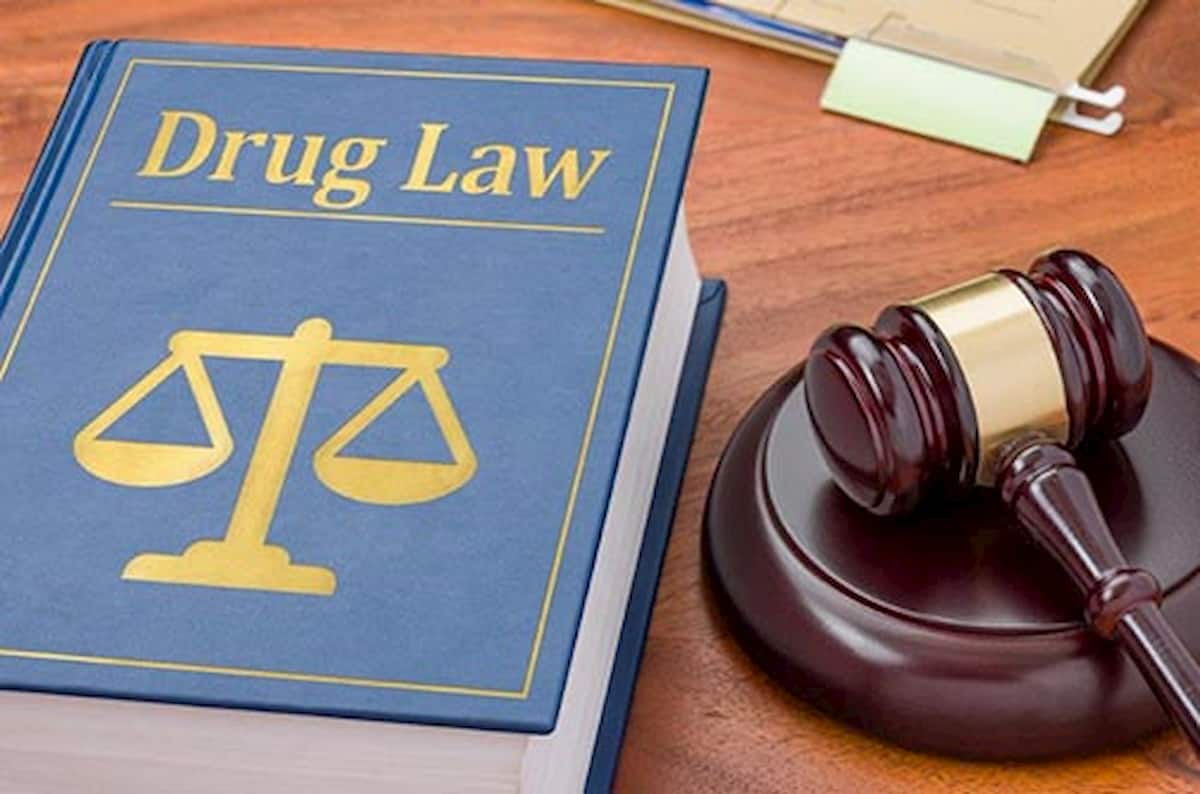If you have been arrested for a drug-related crime, the stakes could not be higher. This is because if you are convicted of a drug charges, such as possession of ecstasy with intent to sell or manufacture, you could face anywhere from three to seven years in prison, large fines, and other penalties. A conviction for the distribution of methamphetamines or cocaine can also leave you facing between five and 20 years behind bars. If you have been charged with a drug crime, the best way to avoid serious consequences is to enlist the help of an experienced attorney right away.
If you are charged with certain types of drugs, such as heroin or cocaine, the possession and distribution charges are considered drug crimes. If you are accused of selling marijuana, methamphetamines, or other drugs that have not been legalized in your state, however, these charges will be considered possession offenses. Drug crimes have become a major problem nationwide because of the increasing use of illegal drugs by teenagers and young adults.
Table Of Contents
What Are Drug Charges?
Drug offenses are a popular legal topic because they involve the use of illegal substances while simultaneously violating the law. People often refer to drug offenses as “drug-related crimes.” This is because the law recognizes that all illegal drugs have drugs, either directly or indirectly, that can be used for harmful purposes, such as addiction. Experts claim that drug use is a leading cause of juvenile and adult crime. In fact, according to the National Institute on Drug Abuse, nearly 40 percent of people arrested for violent crimes in America have been under the influence of alcohol or drugs when they committed their crimes.
What is a Controlled Substance?
In many states, the definition of a “controlled substance” is set by state law. Federal laws define controlled substances under the Controlled Substances Act (CSA), which sets rules for drug possession and distribution. In some cases, however, local authorities can set their own drug-related laws that are stricter or even more severe than those outlined in the CSA. Some states have also passed their own criminal codes that make illegal or questionable drugs considered “controlled substances. For example, in 2006, Arizona passed its own law that made the possession of some illegal drugs a felony, which resulted in up to 16 years in prison.
Drug charges can be difficult to defend against because drug laws are constantly changing, and many states have more than one set of laws that specify how much you can possess and sell. This is due to the fact that distributing drugs is often considered a dangerous act, with each transaction involving different amounts of drugs.
What are Some Common Types of Illegal Drugs?
The most popular illegal drugs include marijuana, cocaine, heroin, amphetamines, ecstasy, and methamphetamines. The popularity of these drugs is due to their ability to produce feelings of euphoria in users. In fact, many people who try these drugs will want to continue using them because of their intense high and the long-lasting effects they have on the body. Other drugs that are illegal and commonly sold on the black market include barbiturates, LSD, and even certain prescription drugs such as OxyContin.
If you are accused of a drug crime and have been arrested, you will need to hire an experienced defense attorney as soon as possible. The nature of drug crime charges often requires an experienced and knowledgeable attorney to represent your interests in court. If you have been charged with any type of drug crime, it is wise to consult with a seasoned defense lawyer immediately so that he can properly investigate the case and come up with an effective strategy for your specific circumstances.
What are the Most Common Types of Drug Charges?
1. The Distribution or sale of drugs: In a number of states, the distribution of drugs, including heroin and cocaine, is a felony offense that requires you to serve at least one year in prison and pay substantial fines. The fine for distribution could be as much as $10 million. Moreover, if you have had prior convictions for drug possession or distribution charges, you could face anywhere from 10 years to life in prison.
2. Drug Manufacturing: To help discourage the use of illegal drugs, many states have created stiffer penalties for those who are convicted of illegally manufacturing or selling drugs. For example, in Oregon and Alabama, the manufacture or sale of cocaine can result in a felony conviction that results in anywhere from 10 to 99 years behind bars.
3. DUI: Driving under the influence of drugs or alcohol is illegal in every state. For example, if you are accused of driving under the influence of a controlled substance, you could face anywhere from two to 15 years in prison. This offense is considered a misdemeanor or felony depending on several factors, including your history and whether or not there was an accident that resulted in injury or death.
Conclusion
Due to the high number of drug crimes in the United States, it is important to speak with an experienced criminal defense attorney immediately if you have been charged with any type of drug offense. Your attorney can review the evidence against you and develop an effective defense strategy based on your charges before it is too late. If you are facing drug distribution-related charges, you have a right to a speedy trial, which means that your lawyer should be able to defend you as quickly as possible.





